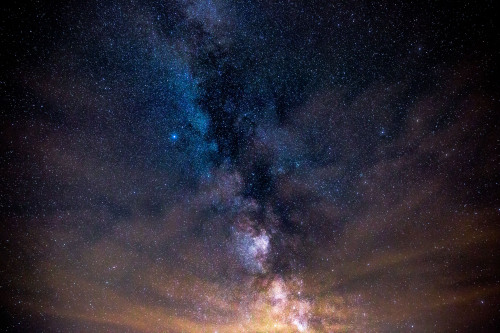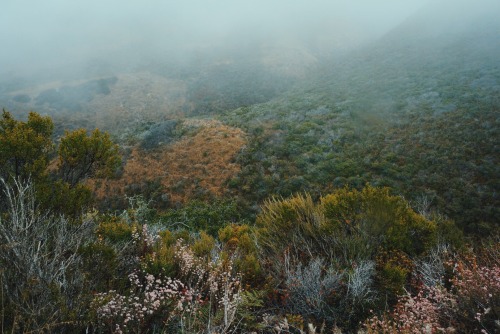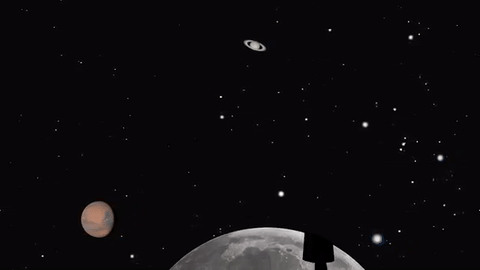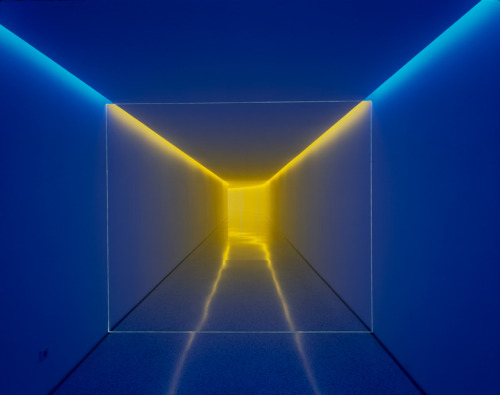Latest Posts by diveintospace - Page 3







The Moon of Lakes and Rivers - Saturn’s moon Titan
Saturn’s moon Titan is the only world - other than earth - that we know has liquid’s pooled on its surface. Unlike Earth, Titan has lakes of liquid methane - you wouldn’t want to swim in these lakes.
Titan’s “methane cycle” is analogy to Earth’s water cycle. In the 3rd and 4th images above we can see clouds of methane in Titan’s atmosphere. Ever since NASA’s Voyager 1 spacecraft, we have known that the gases that make up Titan’s brown colored haze were hydrocarbons. The atmosphere of Titan is largely nitrogen; minor components lead to the formation of methane–ethane clouds and nitrogen-rich organic smog.
It is thanks to the Cassini spacecraft that we now understand more about the climate of Titan - though we still understand very little!

The Cassini Space craft has mapped most of the Northern polar region of Titan, this is the region that contains almost all of Titan’s lakes. Cassini is systematically sweeping across Titan and mapping the surface of this strange alien world. The image below is an example of Cassini’s mapping process:

Credit: NASA/JPL/Cassini








Floating Dreams at Totally Thames
A major installation by Ik-Joong Kang, one of South Korea’s most renowned and celebrated multimedia artists, Floating Dreams is a compelling, large-scale installation situated in the centre of the River Thames by Millennium Bridge. Constructed from 500 drawings and illuminated from within, the three-storey-high lantern structure acts as a memorial to the millions displaced and divided during the Korean War (1950-53), and a poignant symbol of hope for the reunification of North and South Korea.
Images and text via + via

IG: colorbymichael

New Video!!! If you like my video , don’t forget to LIKE and SUBSCRIBE !! *CHEERS TO EVERYONE*


Milky Way js

Summertime vacations


The Silver River of Heaven - Canada, NS
js

“Dwell on the beauty of life. Watch the stars, and see yourself running with them.” ― Marcus Aurelius Aurora over Kirkjufell, Iceland captured by the always awe-inspiring Sean Parker.

Maya Stepper

✌️

Music







Mesmerizing Translucent Waves from 19th Century Paintings

M106: A Spiral Galaxy with a Strange Center : Whats happening at the center of spiral galaxy M106? A swirling disk of stars and gas, M106s appearance is dominated by blue spiral arms and red dust lanes near the nucleus, as shown in the featured image. The core of M106 glows brightly in radio waves and X-rays where twin jets have been found running the length of the galaxy. An unusual central glow makes M106 one of the closest examples of the Seyfert class of galaxies, where vast amounts of glowing gas are thought to be falling into a central massive black hole. M106, also designated NGC 4258, is a relatively close 23.5 million light years away, spans 60 thousand light years across, and can be seen with a small telescope towards the constellation of the Hunting Dogs . via NASA
js



Goodmorning people.

Keyboard kitty by petlover44 http://flic.kr/p/hUkr6P
What’s Up for June 2016?

What’s Up for June? Saturn at its best! Plus, good views of Mars, Jupiter and Jupiter’s moons continue from dusk to dawn.

You don’t have to stay up late to see Jupiter, Mars and Saturn this month, because they’re all visible soon after sunset. Jupiter is the brightest of the three, visible in the western sky all evening.

The four Galilean moons are easily visible in binoculars or telescopes. If you think you’re seeing 5 moons on June 10th, you’re not. One of them is a distant star in the constellation Leo.

For telescope viewers, the time near Mars’ closest approach to Earth, May 30th this year, is the best time to try to see the two moons of Mars: Phobos and Deimos. It takes patience, very steady skies and good charts! Mars is still large and bright in early June, but it fades as speedy Earth, in its shorter orbit around the sun, passes it.

Saturn has been close to Mars recently. This month Saturn reaches opposition, when Saturn, Earth and the sun are in a straight line with Earth in the middle, providing the best and closest views of the ringed beauty and several of its moons. You’ll be able to make out cloud bands on Saturn, in delicate shades of cream and butterscotch. They’re fainter than the bands of Jupiter. Through a telescope you’ll see Saturn’s rings tilted about as wide as they get: 26 degrees.

You’ll also have a ring-side view of the Cassini division, discovered by Giovanni Domenico Cassini, namesake of our Cassini spacecraft, orbiting Saturn since 2004 and continuing through September 2017. When you look at Saturn through a telescope, you can’t help but see several of its 4 brightest moons, and maybe more. If you just see one, that’s Titan, 50% larger than our own moon. A telescope can also reveal more moons, like Saturn’s two-colored moon Iapetus. It takes 3 months to orbit Saturn, and it’s fairly easy to see.

There’s a bright comet visible this month, Comet PanSTARRS. It’s best seen from the southern hemisphere, but it’s also visible from the U.S. low in the morning sky. Comet PanSTARRS can be seen through a telescope near the beautiful Helix Nebula on June 4, but it is visible all month.

Watch the full June “What’s Up” video for more: https://youtu.be/M7RtIa9zBYA
Make sure to follow us on Tumblr for your regular dose of space: http://nasa.tumblr.com

Solar system in your skin

I’ll admire from a far star..

Centaurus A
js
I need those mugs :)










Fun Puns With Mugs Of Motivation By Katie Abey Design
Katie Abey Design is an online shop which makes mugs with inspiring messages, witty puns and enjoyable designs. The designs mostly feature cat-inspired characters, and their daily cupfuls of motivational messages, wicked sarcasm and joyous quotes paired with adorable sloths, dinosaurs and llamas which are a great way to start the day with coffee. The Katie Abey Design shop started in 2014, but their popularity picked up with the introduction of their “Motivation Mug” featuring fun themes such as Superhero Sloths, Delightful Dodos, Courageous Crumpets and Encouraging Elephants. Find them in her Etsy shop.
View similar posts here!



Decided to offer a selection of my photographs as prints. If you’re looking for something to put on your walls, check them out here!






Lightness and Being.
Artwork by James Turrell.
Informed by his training in perceptual psychology and a childhood fascination with light, American artist James Turrell has worked directly with light and space to create artworks that engage viewers with the limits and wonder of human perception. (Text Source)
Turrell is represented by Pace Gallery.
Dream Land

Travel across the most special places in the world.
